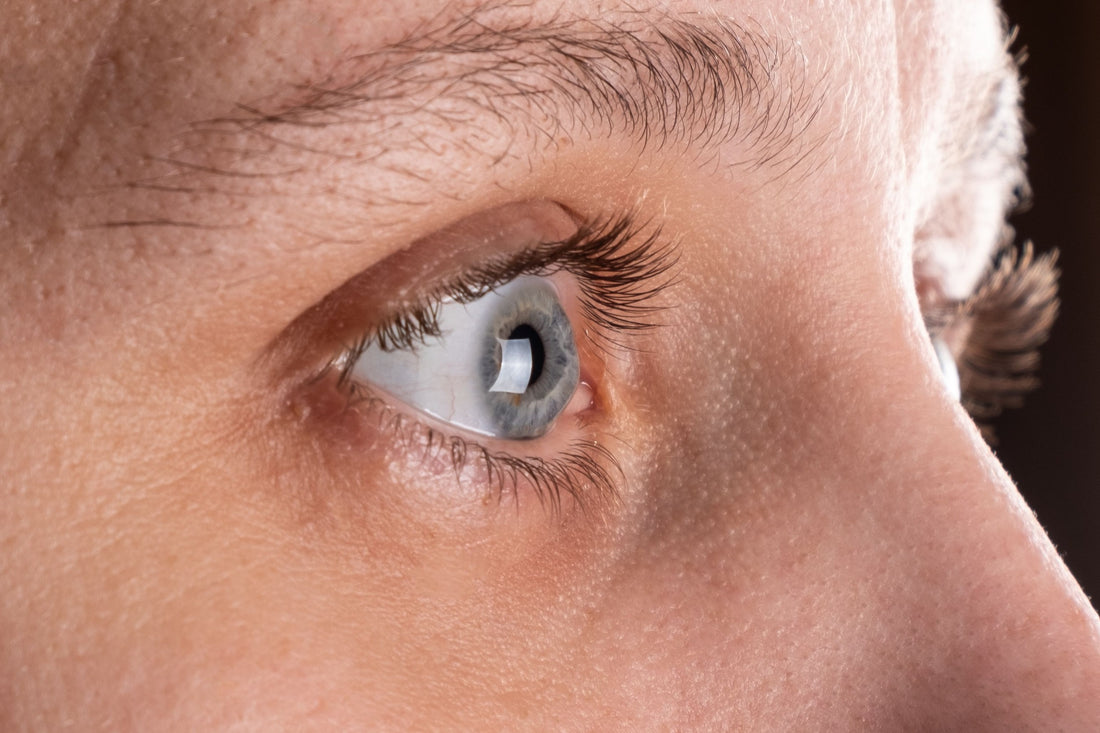Just like the hair on your head, eyebrow hair can stop growing or start thinning out over time or suddenly. There can be multiple reasons for this, like an infection, hormonal changes, certain skin conditions, or an overactive immune system. Physical trauma, emotional stress, or nutritional deficiencies can also result in eyebrow loss. However, you need not worry! Your doctor can help you find the right treatment to prevent, minimise, or reverse hair loss.
Below, we have listed the most common causes of eyebrow loss.
1. Alopecia Areata: Alopecia Areata is an autoimmune disease where the immune system mistakenly assumes a group of cells as foreign elements or cancerous cells, and attacks them. Alopecia Areata usually targets your hair follicles that support hair growth, resulting in slow or diminished hair growth.
Various types of Alopecia include:
- Alopecia Areata: It causes random hair loss with bald spots.
- Alopecia Universalis: It results in the total disappearance of all hair.
- Frontal Fibrosing Alopecia: It results in scalp scarring along with eyebrow loss and balding.
Please note that alopecia can also affect your fingernails and toenails.
2. Nutritional deficiencies: Our body requires various nutrients, including energy sources (fats, proteins, and carbohydrates), amino and fatty acids, and vitamins and minerals, to grow and sustain itself. Some of these are instrumental in supporting and affecting hair growth. It also means a deficiency in any of these nutrients can result in hair loss.
For instance, a lack of zinc and vitamin A can slow the production of moisturising sebum (oil) and cellular growth. Other specific deficiencies that can affect hair loss include:
- Biotin (vitamin B-7)
- Iron
- Vitamin E, B-12, and D
- Cysteine
- Vitamin C (collagen development)
- Omega-3 fatty acids
Since hair follicles are present in the skin, eczema may disturb hair growth as well.
4. Psoriasis: It is an autoimmune disorder that fastens the skin cells' growth, resulting in red and painful patches. These patches block the hair follicles and stop hair growth.
5. Contact dermatitis: Contact dermatitis occurs when you get in contact with a toxic irritant or allergen. You may experience a burning sensation or feel itchy, and the inflammation may hinder eyebrow hair growth.
6. Seborrheic dermatitis: It is usually an ongoing condition caused by a fungus or overproduction of oil in the skin. You will be surprised to know that it can lead to dandruff, even in the eyebrows.
7. Tinea capitis (ringworm): Tinea capitis is also a fungal infection and leads to red, painful, and itchy patches and blisters on the affected area. If these patches occur over the brows, the hair will fall out and leave a bald patch.
Treatment for eyebrow hair loss
If you’ve been diagnosed with one of these above conditions, there’s still hope for you! You can stop the eyebrow hair loss and regrow it using our Bondi Boost Eyebrow Serum which is Paraben-free and Sulphate free. It promotes strong healthy brow growth and is perfectly safe for sensitive skin around the eyes.

